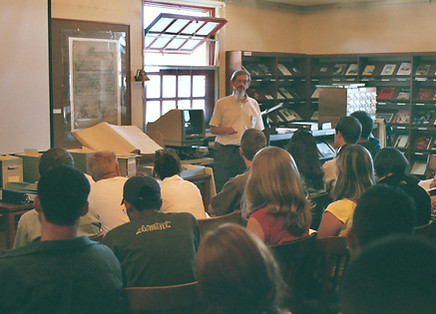ABOUT
The Institute for Western Maritime Archaeology (IWMA) is a non-profit corporation organized to conduct research and promote education through teaching and publication in the maritime, social, and cultural history and archaeology of North America. Since its inception in 1991, the Institute has conducted research and publication on behalf of the California State Lands Commission, the U.S. Army Corps of Engineers, the California Department of Parks and Recreation, the National Park Service, NOAA, the Contra Costa County Sheriff’s Department Marine Patrol Unit, the National Museum of Bermuda, and the Belize Institute of Archaeology, among other agencies. Through its affiliation with Saint Mary’s College of California and the University of Rhode Island, the Institute has conducted numerous research projects that have provided students with the opportunity to gain invaluable experience in archival research, archaeological survey, excavation, documentation, conservation, and reporting, and has hopefully instilled in them an appreciation for the value and fragility of our shared maritime cultural heritage.
Scholastic/Academic Research


Students, Associate and Participating members of the Institute conduct research at universities, colleges, libraries, museums, and other repositories of historical and archaeological information. Our research focuses on questions designed to increase and supplement existing knowledge on the history and archaeology of North America. Such research is carried out in furtherance of specific grants by governmental and private entities, and under contract to governmental agencies or private organizations with specific scientific and educational objectives or research criteria.
Field Research


Through its members and volunteers, the Institute works to identify research issues and questions pertinent to the history and archaeology of the continent. The Institute conducts searches for historically and archaeologically significant submerged and terrestrial sites and resources that possess the capability of addressing those research issues. Sites that are located are documented and, if necessary, excavated to the extent required to address the research issues. Cultural resources that are recovered in the course of controlled excavation are preserved for interpretation in museums and other facilities that are available to the public.
Education


The Institute, through its officers and members, conducts classes, seminars, speaking engagements and other educational programs on topics relating to the history and archaeology of North America. These are conducted in informational settings such as in museums or in more formal settings such as in classrooms and at professional and academic conferences. Training programs for volunteers participating in the fieldwork of ongoing research projects are offered as part of the Institute's educational mission.
Publication
The Institute publishes the results of its research and field activities at the completion of each project, or when information developed as part of on-going research can make a contribution to historical knowledge. Written material in the form of books, pamphlets, monographs, and reports as well as photographs, drawings, and video material are produced as part of the Institute's educational program.
